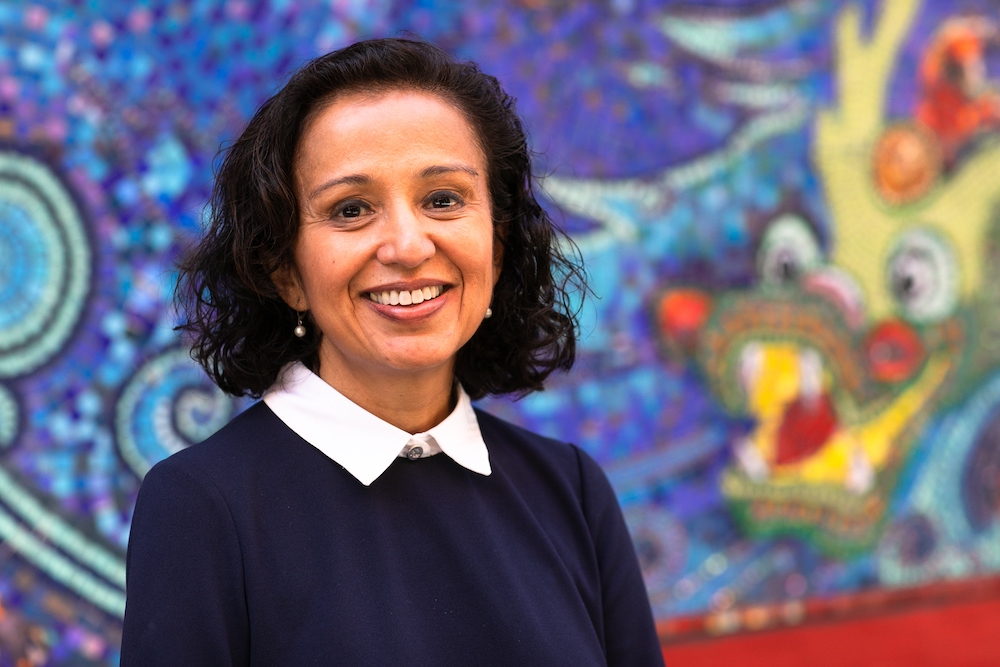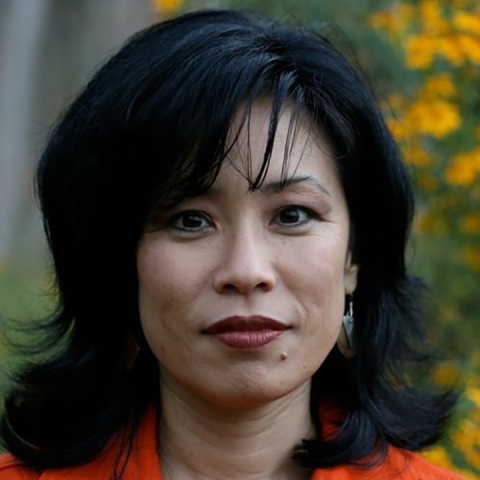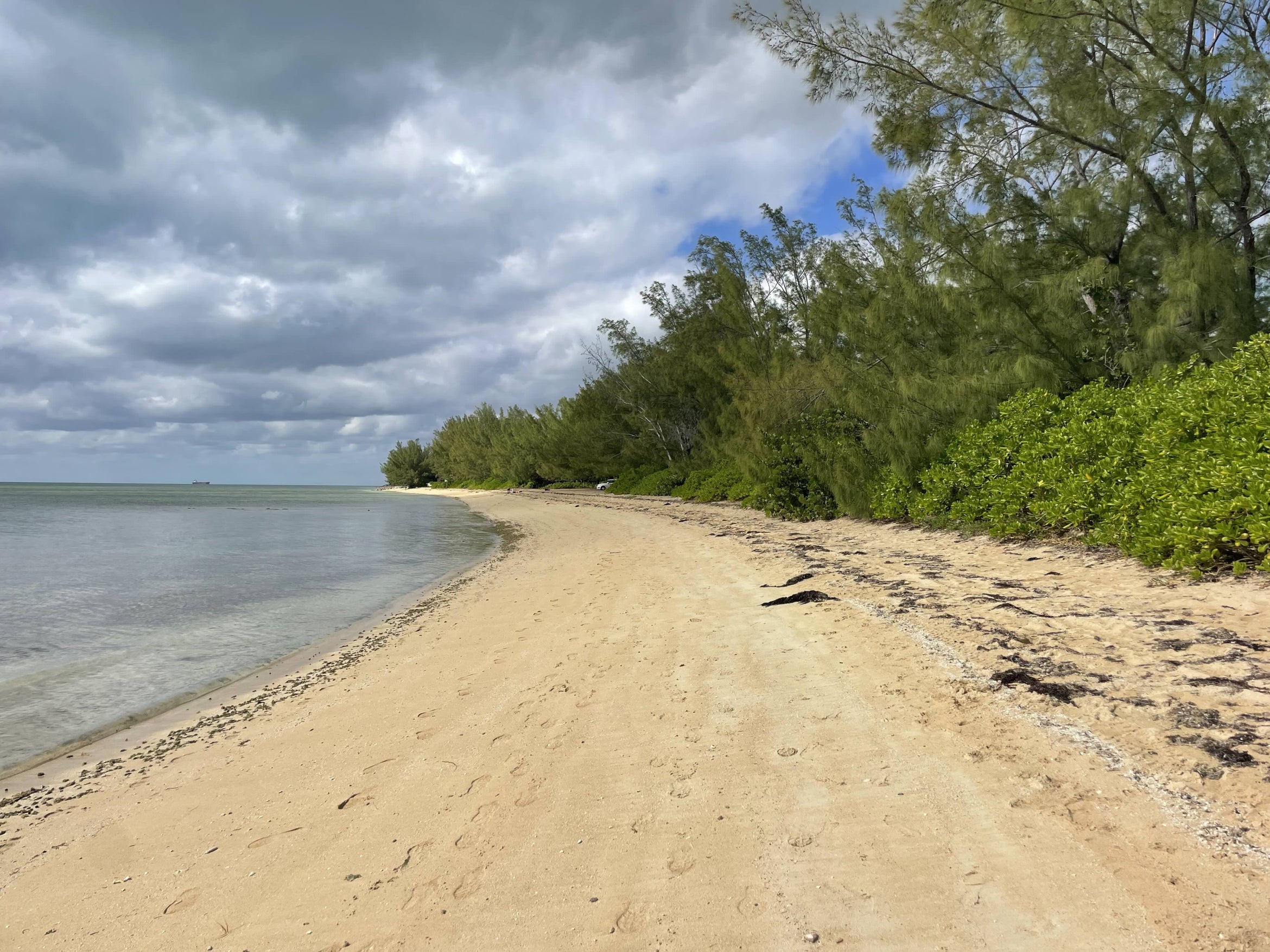Anti-hate event draws local and national AAPI activists to Multicultural Center

Back-to-back events on Wednesday, April 26 at UC Santa Barbara’s Multicultural Center will focus on anti-hate activism, including a keynote lecture by Manjusha Kulkarni (pictured), co-founder of Stop AAPI Hate, a nonprofit that tracks and responds to bias, harassment and violence against Asian Americans nationwide.
The first event, Asian American Activism: Drawing on History, Inspiring the Future, from 3–4:30 p.m., gathers national and local AAPI (Asian American/Pacific Islander) activists for a panel discussion. Scheduled panelists include: Kulkarni, who also serves as the executive director of AAPI Equity Alliance; UCSB Asian American studies professor Diane Fujino; Melissa Borja, University of Michigan assistant professor of American culture and lead investigator at Virulent Hate Project; Artnelson Concordia, an ethnic studies instructional support specialist with the Santa Barbara Unified School District; and Naomi Joseph, a UCSB sociology Ph.D. candidate who will moderate the discussion.
During the second event, Challenging Hate: How to Stop Anti-AAPI Violence and Bias, from 5–6:30 p.m., Kulkarni will discuss how anti-Asian hate is being addressed through civil rights enforcement, education equity, community-based safety and other efforts focused against systemic racism.
“Stop AAPI Hate has been the most significant and visible campaign to document and aggregate violence against Asian American communities,” said UCSB’s Fujino, who is also the co-editor in chief of the Journal of Asian American Studies. “They’re best known for aggregating data, but also work to impact policy, to make visible narratives of anti-Asian racism, and to build the capacity of community organizations to work for change. This work has been crucial to resisting anti-Asian racism and to strengthening Asian American community organizing.”
For their work at Stop AAPI Hate, Kulkarni and her co-founders were recognized among Time magazine’s 100 Most Influential People of 2021.
Free and open to the public, the events were organized by the Walter H. Capps Center For the Study of Ethics, Religion, and Public Life; both will also be livestreamed on the center’s YouTube channel.
Keith Hamm
Social Sciences, Humanities & Fine Arts Writer
keithhamm@ucsb.edu




